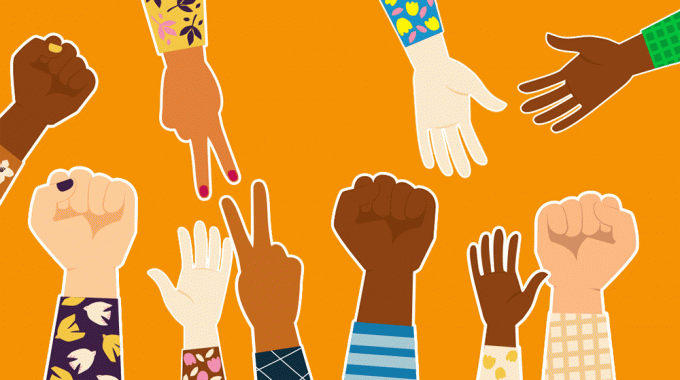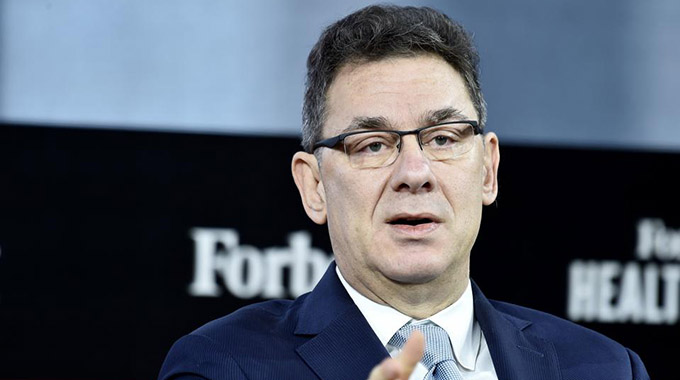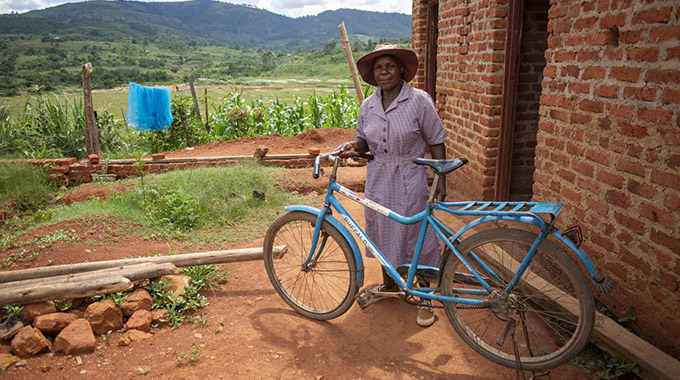COVID -19: UNFPA avails over $2.5 million for GBV & sexual reproductive health services

Muchaneta Chimuka Senior Reporter
The United Nations Population Fund (UNFPA) has released over $2.5 million to support Government and various implementing partners to continue providing quality sexual reproductive health and Gender Based Violence (GBV) services during the global COVID-19 pandemic.
The funds are meant to ensure the continuation in the provision of sexual reproductive health services including GBV prevention and services for survivors during the COVID-19 lockdown.
COVID-19 is deepening existing inequalities and vulnerabilities, particularly for women and girls.
With many countries, Zimbabwe included, on lockdown and health systems struggling to cope, sexual and reproductive health services have been negatively impacted, and GBV cases are on the increase.
Speaking in a virtual meeting with the media in commemorating World Population Day yesterday, UNFPA Deputy Country Representative Ms Gulnara Kadrykulova said the COVID-19 pandemic has affected the lives of many people and pushed up incidences of GBV.
The theme for this year’s World Population Day is “Putting the brakes on COVID-19: “Putting the Breaks on COVID-19: How to Safeguard the Health and Rights of Women and Girls Now?”.
“Initiatives to end GBV and harmful cultural practices have also been affected. Globally, COVID-19 continues to disrupt efforts to end harmful practices including averting GBV,” said Ms Kadrykulova.
“In Zimbabwe working with various partners and under the leadership of the Ministry of Women Affairs, Community, Small and Medium Enterprise Development (MOWCSMED), UNFPA has identified current challenges within the COVID-19 context and tailored appropriate interventions.”
UNFPA is working with the MOWCSMED to ensure GBV services are among essential services and for survivors of GBV to access free services especially during Covid -19 lockdown.
Minister of Women Affairs, Community, Small and Medium Enterprise Development, Dr Sithembiso Nyoni said the COVID-19 pandemic is affecting everyone hence there is need for a holistic approach to support the vulnerable groups.
“While the COVID-19 pandemic is affecting everyone, everywhere, but the impact is not the same as the pandemic is deepening existing inequalities and vulnerabilities, particularly for women and girls,” she said.
UNFPA Executive Director, Dr Natalia Kanem, said “The impact of COVID-19 will likely hamper global efforts to achieve the three ‘zeros’ at the heart of our work at UNFPA – zero unmet need for contraception, zero preventable maternal deaths, and zero gender-based violence and harmful practices against women and girls – by 2030. UNFPA projects that the pandemic will cut global progress towards ending gender-based violence within this decade by at least one third.”
In light of the impact of COVID-19, UNFPA has also reprogrammed its work to support continuity of lifesaving maternal health interventions.
UNFPA is supporting the Ministry of Health and Child Care with infection prevention and control sundries, personal protective equipment for health workers, equipment and sundries to support emergency obstetric and neonatal care, water and sanitations facilities in the maternal wards.
“Sexual and reproductive health care is a right, and like pregnancies and childbirth, human rights don’t stop for pandemics. Together, let’s put the brakes on COVID-19 and safeguard the health and rights of women and girls – now,” she said.
In Zimbabwe, GBV and harmful practices are undoing a lot of gains made in development, and the COVID-19 pandemic is worsening the situation.







Comments